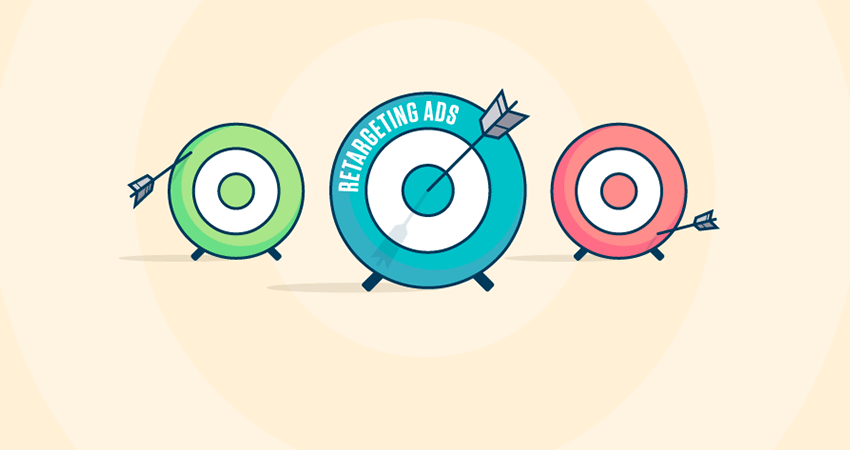For mobile marketers, retargeting has been and will continue to be a key growth factor and KPI of success. Retargeting improves engagement, fosters relationships, drives monetization, and most importantly in our current economy, is cheaper than acquiring new users.
And yet the new privacy era has all but halted this key KPI of marketing. Apple’s AppTrackingTransparency (ATT) framework has caused iOS retargeting spend to drop drastically, and retargeting conversions for shopping apps, a symbol of a more prosperous economy, have dropped significantly in iOS. Android apps also feel the freeze following the gradual rollout of other access restrictions to user-level data (from Meta, TikTok and others).
This is because the persistent device IDs were required for activation, measurement and optimization of retargeting ads. Device IDs were shared freely between brands and publishers. Combined with their own first-party data, brands thrived in the ability to serve pinpointed retargeting campaigns to their users on owned and paid channels.
With the new privacy era and the slow-but-certain abolishment of persistent identifiers, marketers have to figure out how to drive retargeting conversions. The horizon doesn’t look much better with Google Advertising ID (GAID), cookie deprecation and more brands hopping on the privacy train. As if that isn’t enough, marketers are entering into what is projected to be one of the longest economic downturns in history.
What marketers need to realize in 2023 is that the key to retargeting and hitting your KPIs still lies in brands’ first-party, user-level data – but not in the way you think it does.
First-Party Data Is King (Because, Consent)
The biggest shift in the privacy landscape has been transparency on data use, requiring user consent to share data between companies for advertising use. Once users are opted in, brands can leverage the established customer relationship and engage their users in the right context, at the right time, on the right path.
Naturally, there are sensitive data points that should never be collected or shared, such as geolocation data or other private indicators that may be location specific. Even though this is considered first-party data, collection and extensive analysis of this data may be highly unethical.
Retargeting Breakdown and Using Clean Rooms
Building successful retargeting campaigns has two parts: activation and optimization. Activation includes building out the user segment and delivering ads to the relevant segment. In the privacy era, retargeting activation has been solved with Privacy Enhancing Tech, (PETs). PETs, in the simplest terms, is technology used to protect the digital personal data of individuals and organizations. Data encryption, access control and data minimization are all current examples of PETS that are utilized by tech companies.
The measurement half of building a successful retargeting campaign (measuring, deriving insights and optimizing action) is now also available. Companies that provide brands with user journey data points such as attribution data can join data privately in data clean rooms (DCRs) to derive critical insights.
The brand’s own first-party CRM data provides the segmentation, i.e., users with September birthdays or those living in the New York metro area. This data is not shared back with the DCR provider, and the result is fully aggregated datasets of cohorts with no persistent identifiers. Brands can then optimize based on these insights, with full confidence in the integrity of the data and privacy of their users.
Today, marketers need to focus on what epitomizes successful measurement of retargeting campaigns: activation and optimization.
When it comes to user data, success is no longer a “more is more” game for brands. Marketers need to commit to user privacy, diversify data types and minimize data use. Abuse of user-level data is no longer the secret to retargeting. When it’s done correctly and privately, everyone benefits.
Edik Mitelman is GM of Privacy Cloud for AppsFlyer

